Zero Disability
In this strategic programme NLR focuses on two aspects: prevention of new disabilities, or worsening of existing disabilities and promote the mental wellbeing of persons affected by leprosy.
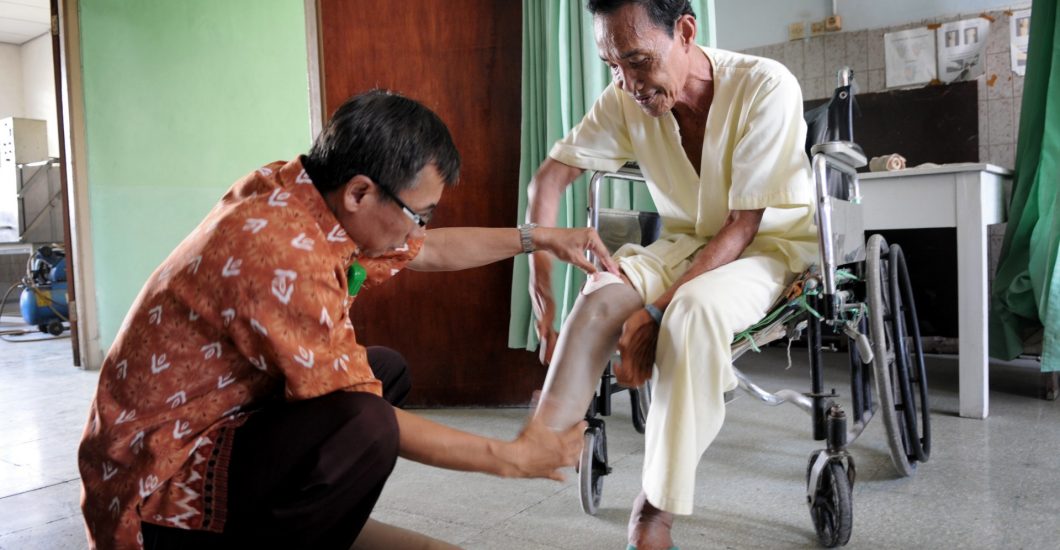
Even after being cured from leprosy, persons affected may have to deal with the possibility to develop new disabilities, or worsening of existing disabilities. This needs lifelong care. Being affected by leprosy can also have severe consequences for their mental wellbeing. These two aspects of leprosy need proper attention. That is why we pilot new approaches. We strengthen the capacity of health workers in the prevention of disabilities through training of trainers. We stimulate the development of approaches for psychological peer support and the integration of attention to psychological support in counselling by health workers. When proven successful, we support governments and health authorities to scale-up these approaches, and promote them at international platforms. We lobby national and local authorities to implement policies, manage data and to allocate funds for the prevention of disabilities as well as for the promotion of mental wellbeing. We support the development of guidelines and tools, knowledge sharing and learning through national and international platforms so that organisations such as the World Health Organization (WHO) and ministries of health will adopt the good practices that we and others have developed.
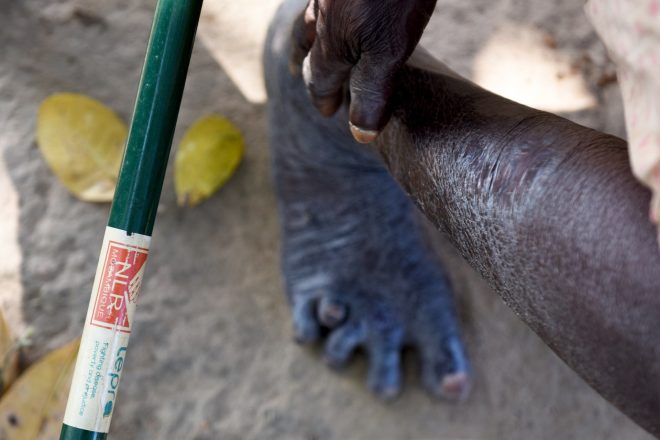
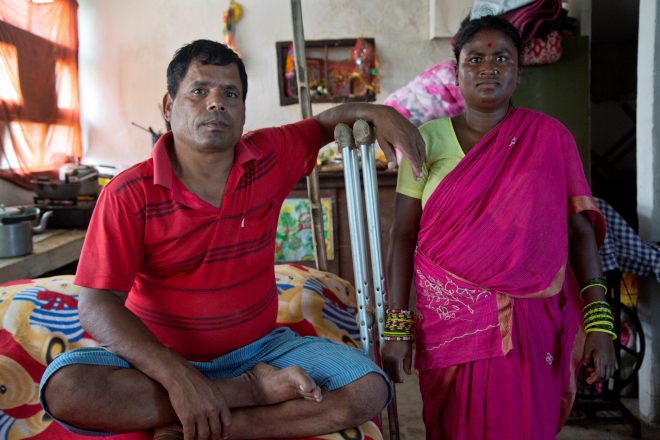
Prevention of disabilities due to leprosy
During and even after treatment when persons affected by leprosy are cured from leprosy itself, they can still develop new disabilities. Lifelong monitoring is required to prevent this. Treatment of painful reactions that patients may experience after being treated with multidrug therapy is another area that needs attention. It is important to monitor eye and nerve functions and apply wound care during and after release from treatment. Lack of monitoring can have severe consequences for those affected by leprosy who are at risk of developing further disability.
What we do to prevent disabilities due to leprosy
We think it is important that persons affected by leprosy learn to practise self-care, report complications, and demand for assistive devices or reconstructive surgery when they need it. They need to be treated with respect and without stigma, so that they do not feel afraid to ask health workers or staff of primary health centres (PHCs) for support. To stimulate persons affected by leprosy to do so, community health workers need to take up their role in monitoring on wound care, disability prevention and leprosy reactions. They can motivate patients to visit a primary health centre in case of complications and promote regular self-care. In turn, these health centres need to train both community health workers and persons affected by leprosy so that they can carry out these activities. With up-to-date knowledge, PHCs will be able to address disability prevention and complications. Where relevant, we support health centres to apply combined approaches with other diseases in the prevention of disabilities, especially neglected tropical diseases such as lymphatic filariasis. The role of the national governments is to adopt and promote effective policies for the prevention of disabilities and provide assistive devices through these centres. International organisations such as WHO, ILEP and the NTD NGO Network (NNN) are important platforms for us to propagate these policies.
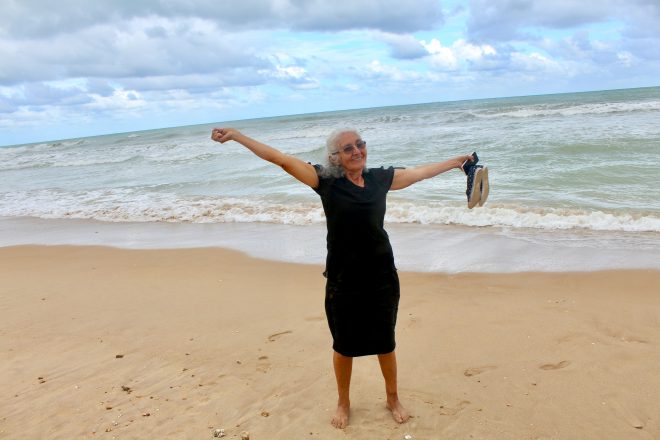
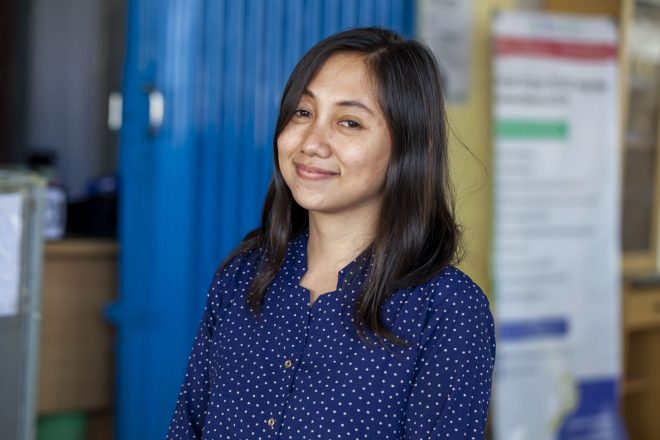
Mental Wellbeing
Another aspect of leprosy that does not receive much attention in public health services, is its consequence for the mental wellbeing of persons affected by leprosy. Most of them experience depression, anxiety and/or suicidal thoughts at some point in their lives, even long after they have been cured from the disease itself. Promotion of mental wellbeing is a relevant element in the fight against the consequences of leprosy.
What we do to promote mental wellbeing
Mental wellbeing is a new theme for NLR and we are exploring interventions that can support the mental wellbeing of persons affected. In the end we would like to remove entirely the stigma and discrimination experienced by those affected and their families, that health staff treats persons affected equally and provides counselling when needed, and that identified persons in self-care and self-help groups of persons affected by leprosy are able to provide peer counselling.